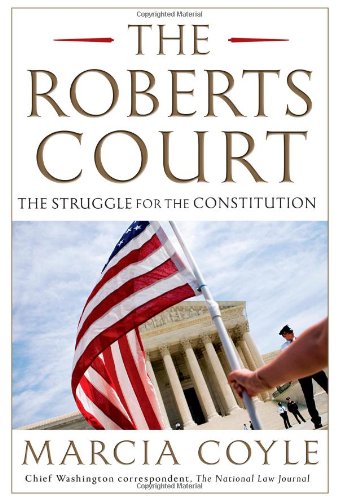New Book: The Chinese Must Go: Violence, Exclusion, and the Making of the Alien in America, by Beth Lew-Williams
The Chinese Must Go: Violence, Exclusion, and the Making of the Alien in America, by Beth Lew-Williams. Harvard University Press 2018. ISBN 9780674976016
有声书下载 Audiobook Download [MP3]:Magnet Link
中译本:《无处落脚》
 The American West erupted in anti-Chinese violence in 1885. Following the massacre of Chinese miners in Wyoming Territory, communities throughout California and the Pacific Northwest harassed, assaulted, and expelled thousands of Chinese immigrants. Beth Lew-Williams shows how American immigration policies incited this violence and how the violence, in turn, provoked new exclusionary policies. Ultimately, Lew-Williams argues, Chinese expulsion and exclusion produced the concept of the “alien” in modern America.
The American West erupted in anti-Chinese violence in 1885. Following the massacre of Chinese miners in Wyoming Territory, communities throughout California and the Pacific Northwest harassed, assaulted, and expelled thousands of Chinese immigrants. Beth Lew-Williams shows how American immigration policies incited this violence and how the violence, in turn, provoked new exclusionary policies. Ultimately, Lew-Williams argues, Chinese expulsion and exclusion produced the concept of the “alien” in modern America.
The Chinese Must Go begins in the 1850s, before federal border control established strict divisions between citizens and aliens. Across decades of felling trees and laying tracks in the American West, Chinese workers faced escalating racial conflict and unrest. In response, Congress passed the Chinese Restriction Act of 1882 and made its first attempt to bar immigrants based on race and class. When this unprecedented experiment in federal border control failed to slow Chinese migration, vigilantes attempted to take the matter into their own hands. Fearing the spread of mob violence, U.S. policymakers redoubled their efforts to keep the Chinese out, overhauling U.S. immigration law and transforming diplomatic relations with China.
By locating the origins of the modern American alien in this violent era, Lew-Williams recasts the significance of Chinese exclusion in U.S. history. As The Chinese Must Go makes clear, anti-Chinese law and violence continues to have consequences for today’s immigrants. The present resurgence of xenophobia builds mightily upon past fears of the “heathen Chinaman.”
Beth Lew-Williams is Assistant Professor of History at Princeton University.
“With scrupulous research and conceptual boldness, Lew-Williams applies the nuances of a ‘scalar’ lens to contrast anti-Chinese campaigns at local, regional, and national levels, producing a social history that significantly remakes the well-established chronology of Chinese exclusion by highlighting the role of anti-Chinese violence and vigilantism in advancing immigration controls on the Chinese from goals of restriction to exclusion.”—Madeline Y. Hsu, author of Asian American History: A Very Short Introduction
“The Chinese Must Go presents a powerful argument about racial violence that could not be more timely. It shows why nineteenth-century pogroms against the Chinese in the American West resonate today. White nationalists targeted Chinese immigrants as threats to their homes and jobs and blamed the American government for failing to seal the borders.”—Richard White, author of The Republic for Which It Stands: The United States during Reconstruction and the Gilded Age, 1865–1896
“Moving seamlessly from the local to the international, The Chinese Must Go offers a riveting, beautifully written new account of Chinese exclusion, one that foregrounds Chinese voices and experiences. A timely and important contribution to our understanding of immigration and the border.”—Karl Jacoby, Columbia University
Table of Contents
Introduction: The Violence of Exclusion
Part 1: Restriction
1. The Chinese Question
2. Experiments in Restriction
Part 2: Violence
3. The Banished
4. The People
5. The Loyal
Part 3: Exclusion
6. The Exclusion Consensus
7. Afterlives under Exclusion
Epilogue: The Modern American Alien
Appendix A: Sites of Anti-Chinese Expulsions and Attempted Expulsions, 1885–1887
Appendix B: Chinese Immigration to the United States, 1850–1904
Abbreviations
Notes
Acknowledgments
Index






